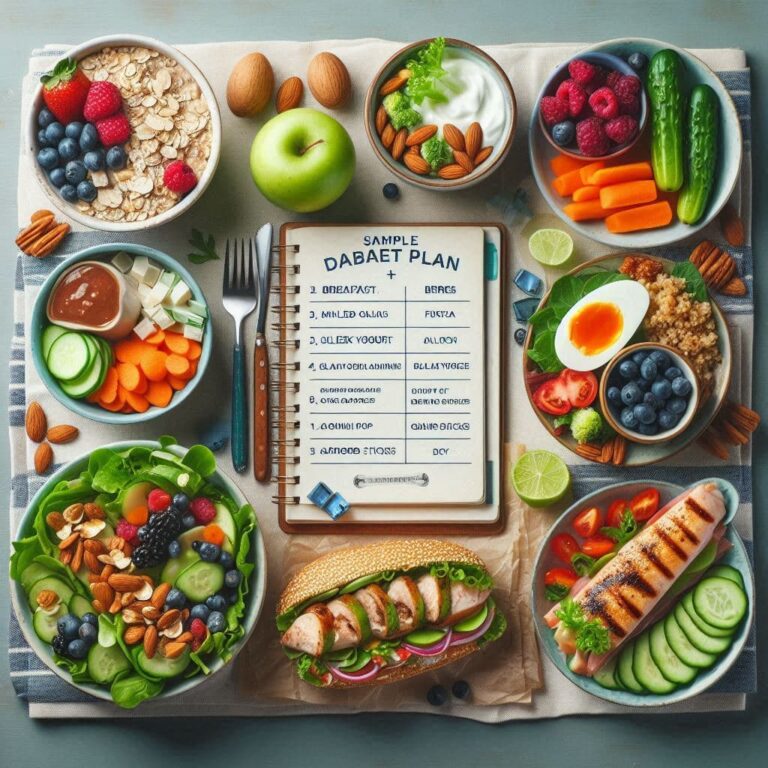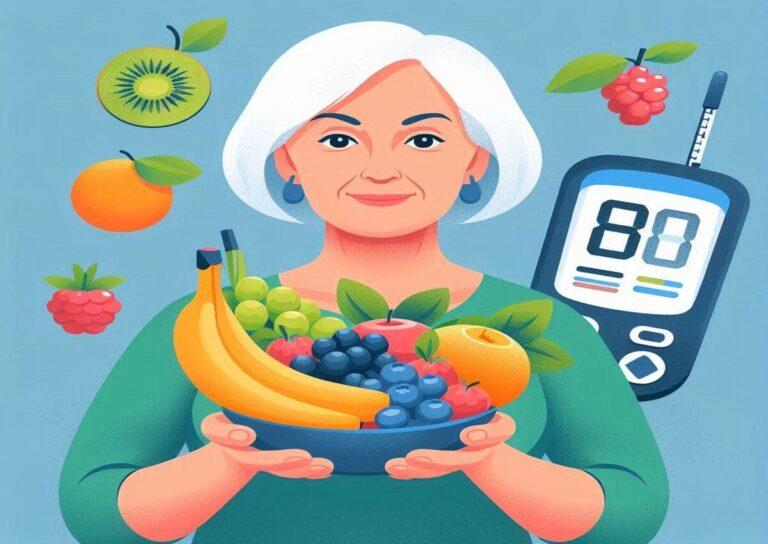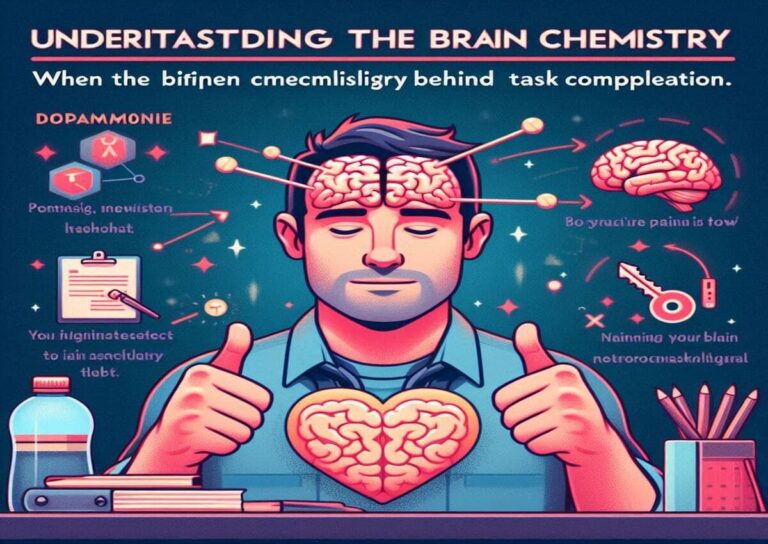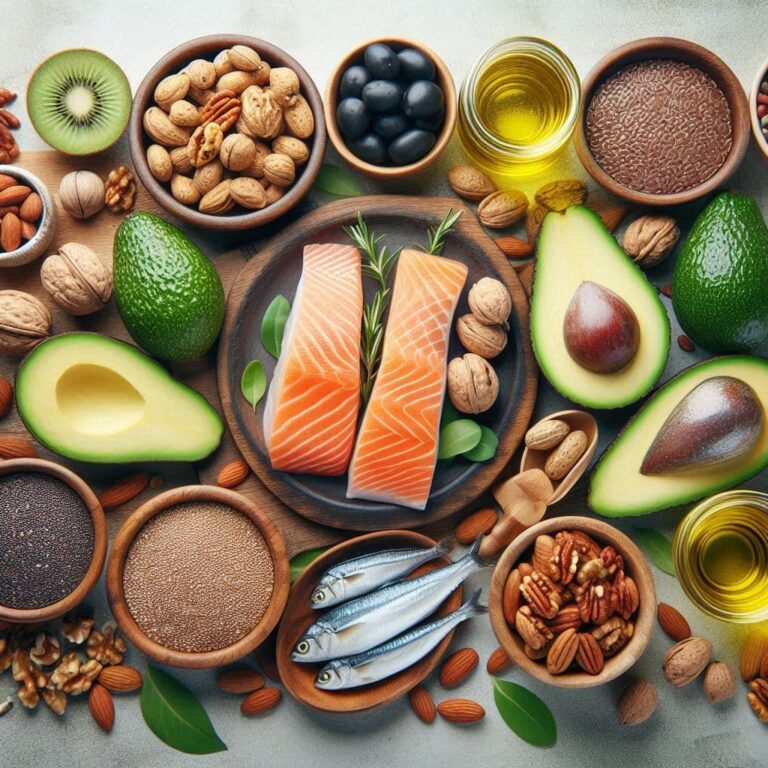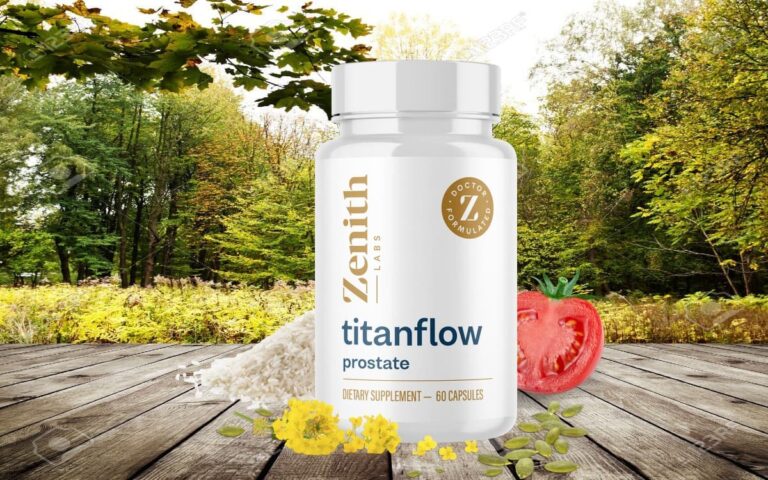Avoid These Foods to Keep Diabetes and Cholesterol in Check
Managing diabetes and high cholesterol requires careful attention to your diet. Certain foods can spike your blood sugar or increase your cholesterol levels, leading to serious health issues.
But knowing what to eat – and what not to eat – can make a big difference.
This guide on foods to avoid with diabetes and high cholesterol, will help you understand which foods to steer clear of to keep your blood sugar and cholesterol levels in check.
This article will guide you through which foods to avoid, maintaining optimal health.
Key Takeaways:
- Limit sugar and refined carbs: These spike blood sugar levels.
- Avoid saturated and trans fats: These increase bad cholesterol.
- Watch out for sodium: High sodium levels can lead to high blood pressure.
- Stay away from processed foods: Often high in unhealthy fats, sugars, and sodium.
- Limit saturated fats found in red meat and full-fat dairy
- Avoid trans fats in processed foods
- Cut back on simple carbs like white bread and sugary drinks
- Say no to fried foods and fatty meats
- Watch out for hidden sugars in packaged foods
- Choose whole grains over refined grains
- Limit alcohol intake
Sugar and Refined Carbs
Foods high in sugar and refined carbs can cause your blood sugar levels to spike, leading to complications with diabetes and high cholesterol.
Why Avoid Sugar?
Sugar is a quick source of energy, but for those with diabetes, it can cause dangerous spikes in blood sugar levels. This includes sugary drinks, candies, and desserts. Avoiding these can help maintain stable blood sugar levels.
Impact of Refined Carbs
Refined carbs like white bread, pasta, and rice quickly turn into sugar in the bloodstream. They can cause a rapid rise in blood sugar levels. Instead, choose whole grains which are digested more slowly and have a gentler impact on blood sugar.
Common Foods to Avoid:
- Soda and sugary drinks
- Candies and sweets
- White bread, pasta, and rice
Saturated and Trans Fats
These fats can increase bad cholesterol (LDL) and lower good cholesterol (HDL), leading to cardiovascular problems.
Sources of Saturated Fats
Saturated fats are commonly found in animal products and certain plant oils. High intake can raise LDL cholesterol levels. Limit intake of fatty cuts of meat, butter, and full-fat dairy products.
Sources of Trans Fats
Trans fats are artificially created and found in many processed foods. They are the worst type of fat for your cholesterol levels. Avoid fried foods, baked goods like pastries and cookies, and margarine.
Common Foods to Avoid:
- Red meat and processed meats
- Butter and full-fat dairy products
- Fried foods and baked goods with trans fats
High-Sodium Foods
Excessive sodium can lead to high blood pressure, a risk factor for heart disease, especially dangerous for those with diabetes and high cholesterol.
Sources of High Sodium
Processed and canned foods often contain high levels of sodium. Even foods that don’t taste salty can be high in sodium. Read labels and opt for low-sodium versions when possible.
Common Foods to Avoid:
- Canned soups and vegetables
- Processed meats like sausages and deli meats
- Salty snacks like chips and pretzels
Processed Foods
Processed foods are often high in unhealthy fats, sugars, and sodium, making them particularly bad for those managing diabetes and high cholesterol.
Why Avoid Processed Foods?
They often contain hidden sugars and unhealthy fats. These ingredients can contribute to high blood sugar and bad cholesterol levels.
Common Processed Foods to Avoid:
- Fast food items
- Packaged snacks
- Pre-made meals
Foods High in Saturated Fats
Saturated fats can raise your cholesterol levels and make it harder to control your blood sugar. Here are some foods you should limit or avoid:
Red Meat
Red meat is often high in saturated fat. This includes:
- Beef
- Pork
- Lamb
While you don’t have to cut out red meat completely, it’s best to eat it in small amounts. Choose lean cuts when you do eat it. Trim off visible fat before cooking.
Full-Fat Dairy Products
Dairy can be part of a healthy diet, but full-fat options are high in saturated fat. Try to avoid:
- Whole milk
- Full-fat cheese
- Regular ice cream
- Butter
- Heavy cream
Instead, opt for low-fat or fat-free dairy products. These give you the benefits of dairy without the extra saturated fat.
Coconut and Palm Oil
These tropical oils are high in saturated fat. They’re often found in:
- Baked goods
- Non-dairy creamers
- Some packaged snacks
Check labels carefully. Choose healthier oils like olive oil or canola oil for cooking.
Trans Fats: The Double Trouble
Trans fats are bad news for both diabetes and high cholesterol. They raise your “bad” LDL cholesterol and lower your “good” HDL cholesterol. They can also make it harder to control your blood sugar.
Processed Foods
Many processed foods contain trans fats. Watch out for:
- Packaged snack foods
- Some types of margarine
- Frozen pizzas
- Cookies and crackers
Always check the ingredient list. If you see “partially hydrogenated oils,” that means trans fats are present.
Fast Food
Fast food is often loaded with trans fats. This includes:
- French fries
- Fried chicken
- Doughnuts
- Some breakfast sandwiches
It’s best to limit fast food as much as possible. When you do eat out, look for healthier options like grilled items and salads.

Simple Carbohydrates: The Blood Sugar Spike
Simple carbs can cause rapid spikes in blood sugar. This is especially important for people with diabetes to avoid.
White Bread and Pasta
These refined grains are quickly broken down into sugar in your body. Try to avoid:
- White bread
- Regular pasta
- White rice
Instead, choose whole grain options. They have more fiber, which helps slow down digestion and keeps your blood sugar more stable.
Sugary Drinks
Drinks high in sugar can cause your blood sugar to skyrocket. Stay away from:
- Regular soda
- Sweetened tea
- Fruit juices
- Energy drinks
Water is always the best choice. If you want flavor, try adding a slice of lemon or lime.
Candy and Sweets
It’s no surprise that candy and sweets are high in sugar. But they can also be high in unhealthy fats. Limit your intake of:
- Chocolate bars
- Hard candy
- Cakes and pies
- Ice cream
If you’re craving something sweet, try a piece of fresh fruit instead. It has natural sugars plus fiber and nutrients.
Fried Foods: The Fat and Carb Combo
Fried foods are a double whammy for people with diabetes and high cholesterol. They’re often high in unhealthy fats and simple carbs.
Fried Chicken and Fish
While chicken and fish can be healthy choices, frying them adds a lot of unhealthy fat. Avoid:
- Fried chicken
- Fish and chips
- Chicken nuggets
Instead, try grilling, baking, or broiling your chicken and fish. These cooking methods add flavor without extra fat.
French Fries and Potato Chips
Potatoes are high in carbs to begin with. Frying them adds unhealthy fats. Steer clear of:
- French fries
- Potato chips
- Hash browns
If you’re craving potatoes, try a small baked potato with the skin on. The skin has fiber, which can help slow down digestion.
Hidden Sugars: The Sneaky Culprit
Sugar can hide in many foods you might not expect. It’s important to be a label detective.
Condiments and Sauces
Many condiments and sauces are surprisingly high in sugar. Watch out for:
- Ketchup
- BBQ sauce
- Sweet and sour sauce
- Some salad dressings
Try making your own sauces at home. This way, you can control the amount of sugar that goes in.
Low-Fat Products
“Low-fat” doesn’t always mean healthy. Many low-fat products add extra sugar to make up for the lost flavor. Be careful with:
- Low-fat yogurt
- Fat-free salad dressings
- Low-fat snack foods
Always check the label for added sugars. Sometimes the full-fat version might actually be a better choice.
Breakfast Cereals
Many breakfast cereals are loaded with sugar. Even some that seem healthy can be sugar bombs. Avoid:
- Frosted cereals
- Cereals with marshmallows or candy pieces
- Granola with added sugar
Look for cereals with little or no added sugar. Oatmeal is a great choice, especially if you add your own fresh fruit for sweetness.
Refined Grains: The Blood Sugar Roller Coaster
Refined grains have had most of their fiber and nutrients removed. This means they can cause quick spikes in blood sugar.
White Rice
White rice is a staple in many diets, but it can cause blood sugar spikes. Try to limit:
- White rice
- Rice noodles
- Rice crackers
Brown rice is a better choice. It has more fiber and nutrients. You could also try other whole grains like quinoa or barley.
White Flour Products
Many baked goods are made with white flour. This includes:
- White bread
- Bagels
- Muffins
- Crackers
Look for whole grain versions of these foods. They’ll have more fiber and nutrients. This can help keep your blood sugar more stable.
Refined Grain Cereals
Many breakfast cereals are made with refined grains. Watch out for:
- Rice cereals
- Corn flakes
- Puffed wheat cereals
Choose cereals made with whole grains instead. Look for options with at least 3 grams of fiber per serving.
Alcohol: The Hidden Calories
Alcohol can be tricky for people with diabetes and high cholesterol. It can affect your blood sugar and add extra calories.
Beer
Beer is high in carbs and can raise blood sugar. It’s also high in calories. Be careful with:
- Regular beer
- Craft beers (which can be even higher in calories)
- Beer mixed with sugary sodas
If you do drink beer, choose light beers. They have fewer carbs and calories. But remember, even light beer should be limited.
Sweet Wines
Sweet wines have more sugar than dry wines. This means they can affect your blood sugar more. Watch out for:
- Dessert wines
- Port
- Sweet red wines
If you choose to drink wine, opt for dry wines. They have less sugar. But remember to drink in moderation.
Mixed Drinks
Many mixed drinks are loaded with sugar. Avoid:
- Margaritas
- Piña coladas
- Daiquiris
- Drinks made with regular soda or juice
If you do have a mixed drink, choose ones made with sugar-free mixers. But be aware that alcohol itself can lower blood sugar, so be extra careful.
Fatty Meats: The Cholesterol Connection
Fatty meats can raise your cholesterol levels. They’re also often high in calories, which can make it harder to manage your weight.
Processed Meats
Processed meats are often high in saturated fat and salt. Try to avoid:
- Bacon
- Sausages
- Hot dogs
- Deli meats
If you do eat these, choose lower-fat versions and eat them in small amounts.
Organ Meats
Organ meats are very high in cholesterol. It’s best to limit:
- Liver
- Kidneys
- Brains
While these meats do have some nutrients, the high cholesterol content makes them a poor choice for people with high cholesterol.
Fatty Cuts of Meat
Some cuts of meat have more fat than others. Try to avoid:
- Ribeye steak
- T-bone steak
- Lamb chops
- Pork belly
Choose leaner cuts of meat instead. Look for words like “loin” or “round” in the name. These cuts tend to be leaner.
Summary on Foods To Avoid with Diabetes and High Cholesterol
Managing diabetes and high cholesterol requires careful attention to diet. Some key foods to avoid include:
- Saturated fats: Found in red meat, full-fat dairy products, and tropical oils.
- Trans fats: Present in some processed foods and baked goods.
- High-sugar foods: Sodas, candies, and desserts can spike blood sugar levels.
- Refined carbohydrates: White bread, pasta, and rice can quickly raise blood glucose.
- Fried foods: These are often high in both unhealthy fats and calories.
- High-sodium foods: Excessive salt can worsen high blood pressure, a common complication of diabetes.
- Processed meats: These often contain unhealthy fats and high amounts of sodium.
- Sweetened beverages: Including fruit juices, which can be high in sugar.
- Alcohol: Should be limited or avoided, as it can affect blood sugar and contribute to high triglycerides.
Instead, focus on a diet rich in whole grains, lean proteins, fruits, vegetables, and healthy fats. Always consult with a healthcare professional or registered dietitian for personalized dietary advice.
FAQs: People Also Ask
- What are the worst foods for diabetics? The worst foods for diabetics are those high in simple carbs and sugar, like white bread, sugary drinks, and candy. These can cause rapid spikes in blood sugar.
- Can I ever eat foods high in cholesterol if I have high cholesterol? While it’s best to limit high-cholesterol foods, occasional small portions may be okay. Always follow your doctor’s advice for your specific situation.
- Are all fats bad for diabetes and high cholesterol? No, not all fats are bad. Healthy fats like those found in avocados, nuts, and olive oil can be part of a healthy diet for diabetes and high cholesterol.
- Can I drink alcohol if I have diabetes and high cholesterol? If your doctor says it’s okay, moderate alcohol consumption may be fine. But be aware of how alcohol affects your blood sugar and choose lower-sugar options.
- Is fruit okay for people with diabetes? Whole fruits can be part of a healthy diet for people with diabetes. They contain fiber which helps slow down sugar absorption. But fruit juices should be limited.
- Are artificial sweeteners a good alternative to sugar? While artificial sweeteners don’t raise blood sugar, their long-term effects are still being studied. It’s best to use them in moderation.
- Can I eat eggs if I have high cholesterol? Recent research suggests that eggs can be part of a healthy diet for most people with high cholesterol. But talk to your doctor about what’s right for you.

